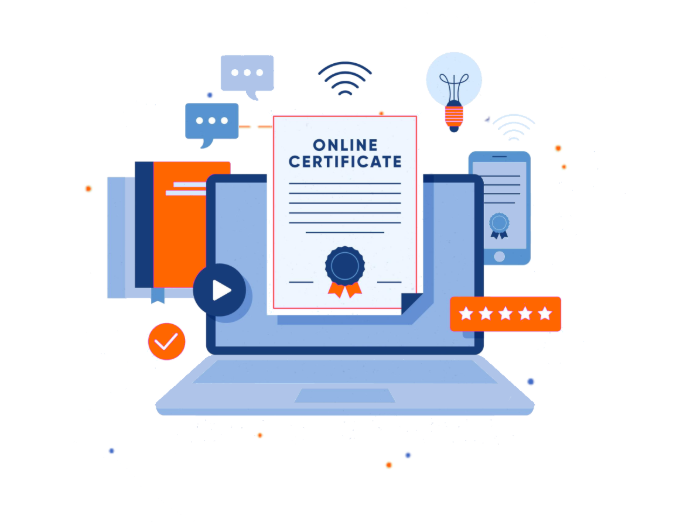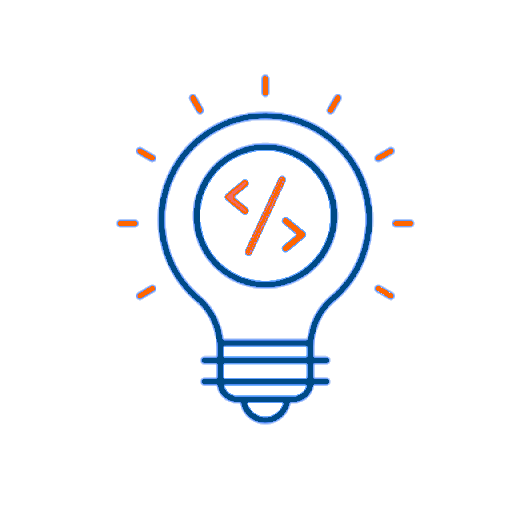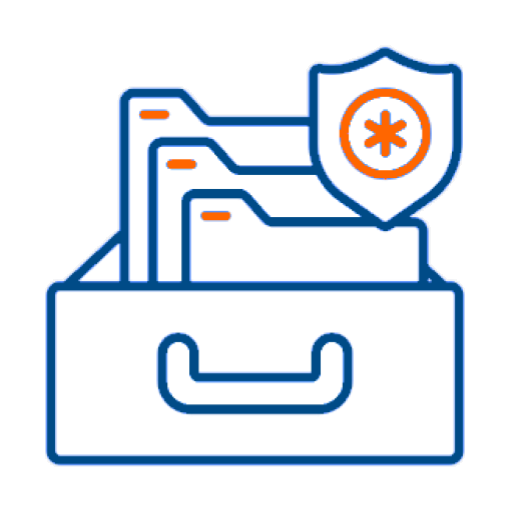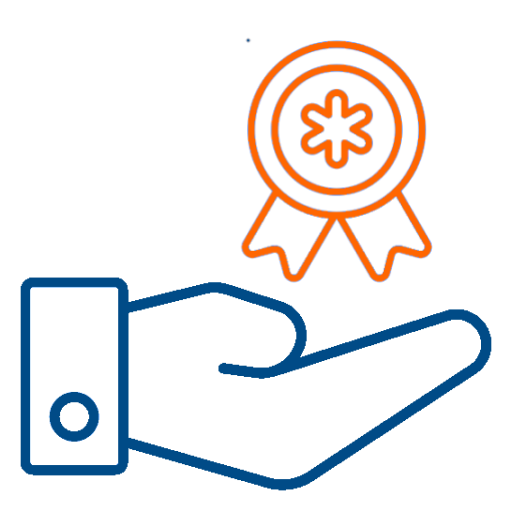DIGITAL MICRO-CREDENTIALS
A digital EQF.eu micro-credential is a digital representation of a skill earned by someone, consisting of information attached to an image file, hard-coded as metadata for future access and review.
DQF.eu adhere to the Open Badge standards allowing the training providers to issue digital micro-credentials indicating skills, interests and achievements acquired online and off by their learners.
Because the system is based on an open standard, earners can combine multiple badges from different issuers to tell the complete story of their achievements.
Badges can be displayed wherever earners want them on the web and shared for employment, education or lifelong learning. (Erin Knight's White Paper) .

DQF.EU STANDARDS
OPEN BADGE STANDARDS

Free and open
It’s not proprietary.
It’s free software and an open technical standard any organization can use to create, issue and verify digital badges.

Stackable
Whether they’re issued by one organization or many, badges can build upon each other and be stacked to tell the full story of learners' skills and achievements.

Transferable
Digital badges can be collected from multiple sources, online and off, and managed into a single backpack. Beneficiaries can display their skills and achievements on social networking profiles, job sites, websites and more.

Evidence-based
Open Badges are information-rich. Each badge has important metadata which is hard-coded into the badge image file itself that links back to the issuer, criteria and verifying evidence.
Open Badges make it easy to:
Get recognition for the things learned;
Give recognition for the things teached;
Verify skills; and
Display verified badges across the web.


